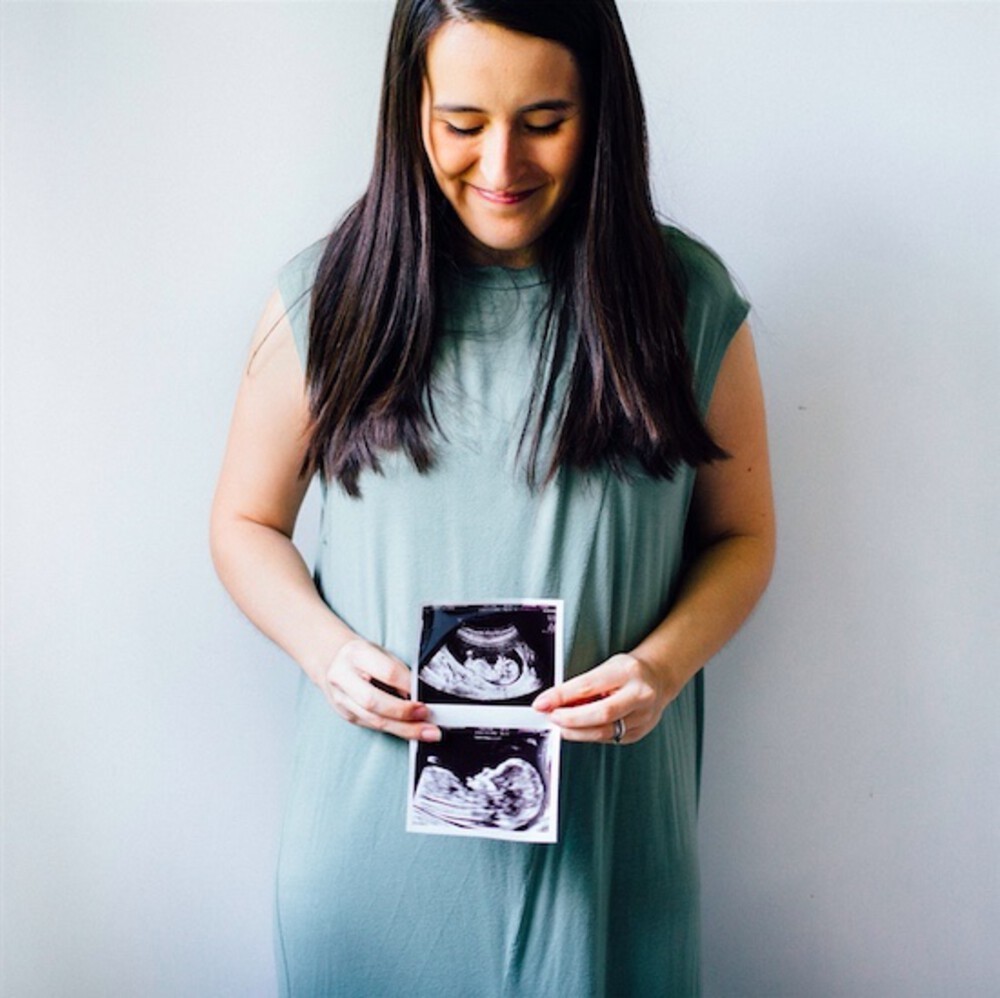
With 5 million women affected, polycystic ovarian syndrome (PCOS) is one of the most common causes of female infertility. While the diagnosis can make getting pregnant more of a challenge, it’s certainly attainable – with a combination of lifestyle changes and fertility treatment, many women with PCOS are able to successfully conceive.
What is PCOS?
PCOS is an endocrine disorder that is characterized by an abnormally high level of androgen hormones. Androgens are found in both sexes, but are generally considered male hormones. This can lead to more masculine qualities; for example, it’s not uncommon for a woman with PCOS to have abnormal hair growth or loss. It often causes polycystic ovaries, though not all women will experience these tiny, painless cysts.
How do I know if I have PCOS?
There are many signs of PCOS, though the number and severity of the symptoms will vary and might include:
- Irregular or absent ovulation, which is known as anovulation
- Amenorrhea, which is the absence of a monthly period
- Abnormal hair growth on the upper lip, chin, nipples or abdomen
- Acne
- Male pattern balding
- Obesity
- Insulin resistance
- High levels of androgens, known as hyperandrogenism
- High levels of the hormone LH
- Polycystic ovaries
- Infertility
- Recurrent miscarriage
Some women will have no obvious issues with ovulation or cysts. Still others may not even know they have PCOS until they attempt a pregnancy. The criteria for diagnosing PCOS can vary and has even changed as more is learned about the disorder, but your doctor will typically look for two out of three of these signs:
- Polycystic ovaries, confirmed by ultrasound
- Irregular or absent menstrual cycles
- Blood test confirmation or physical signs of abnormally high levels of androgens (severe acne, excessive hair growth)
Testing for hormone levels, lipid levels, and blood sugar to determine insulin resistance are common with a PCOS diagnosis. Doctors often prescribe birth control to help manage acne and hair growth if a woman is not trying to get pregnant. If pregnancy is the goal, your doctor will have options for that too.
Can I get pregnant with PCOS naturally?
Because it is a disorder that affects hormones, conceiving naturally with PCOS can be a challenge. The abnormal hormone levels can cause problems with a woman’s menstrual cycle, which means irregular menstrual cycles and unpredictable ovulation. Some women, however, can get pregnant with PCOS and regular periods, but only if they are also ovulating regularly.
Lifestyle changes can have an impact on cycle regularity. Some research indicates that moderate exercise, such as brisk walking, combined with a healthy diet can improve insulin resistance, regulate periods and, yes, improve chances of conception. In fact, one study showed that women can improve their hormonal balance through basic cardio exercise. More than 40 percent of the women in the study started ovulating, and over half restored their menstrual cycle after 12 weeks.
Are there alternatives for getting pregnant with PCOS?
For some women, achieving regular ovulation for conception may require more intervention. How do you get pregnant with PCOS? Often, the answer is similar to anyone who is experiencing anovulation.
Your doctor may prescribe Clomid, an oral pill that helps induce ovulation by stimulating the hormones that support the growth and release of a mature egg. Clomid has an 80 percent ovulation success rate, though rates of subsequent pregnancy vary based on other factors like age and egg quality. Letrozole, which is actually a cancer medication, has also been shown to induce ovulation.
If oral pills aren’t successful, the next step is typically a round of injectable fertility medications called gonadotropins. Many women with PCOS will get pregnant with one of these treatments, but intrauterine insemination (IUI), where a catheter is utilized to transfer sperm directly into the uterus, or in vitro fertilization could be the answer for more challenging cases.
Sometimes PCOS isn’t the only issue at play preventing a pregnancy; a reproductive endocrinologist is the best resource to determine your individual treatment protocol. While it’s rare that someone with PCOS alone requires an egg donor, other factors such as age and egg quality could make her a good candidate for egg donation.
What are the risks of being pregnant with PCOS?
One of the many possible side effects of PCOS is recurrent miscarriage. Pregnant women are also more likely to develop gestational diabetes, high blood pressure, preeclampsia and preterm labor. It’s unclear if this is related specifically to PCOS or general lifestyle factors, so approved exercise and a balanced diet are encouraged during pregnancy as well.
If PCOS has been a roadblock in your family building journey, contact our team to learn more about your options including egg donation and choosing surrogacy. We are here to guide you every step of the way and are confident you will get the support you need!
Inspired to help someone struggling to build their family? Are you a woman who enjoyed a healthy and successful pregnancy? Do you have friends or family who have suffered from infertility or need assistance from someone else to build their family? Have you ever considered the role you could play in helping someone else build their family – as a surrogate? Talk to us to learn more about the surrogacy process to help someone else’s dream come true.